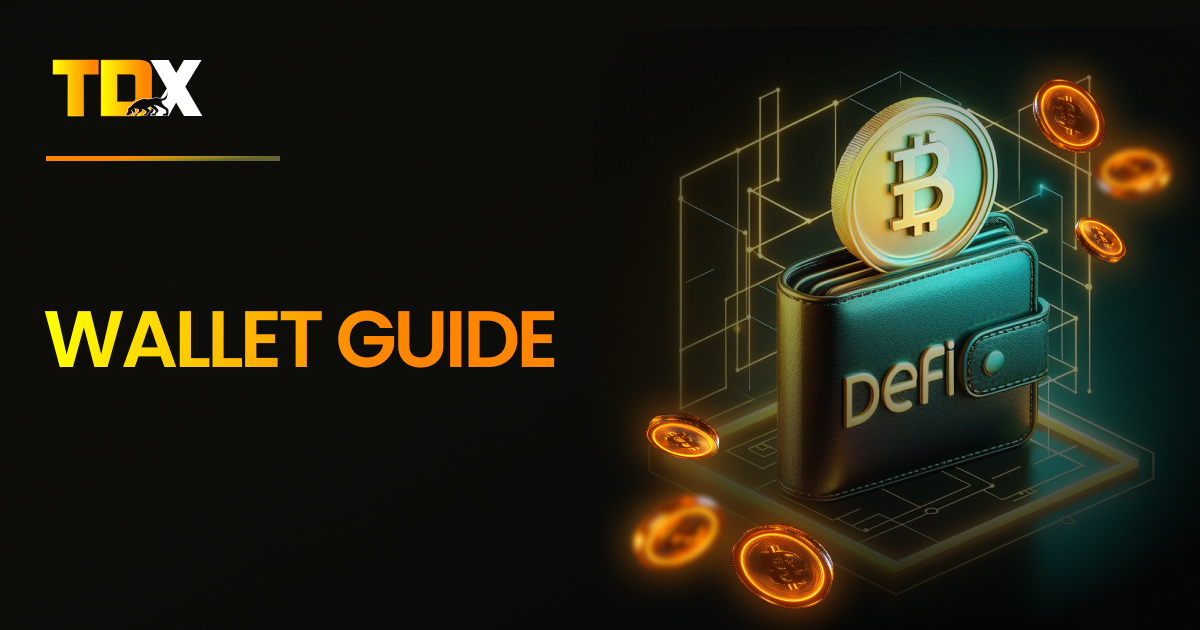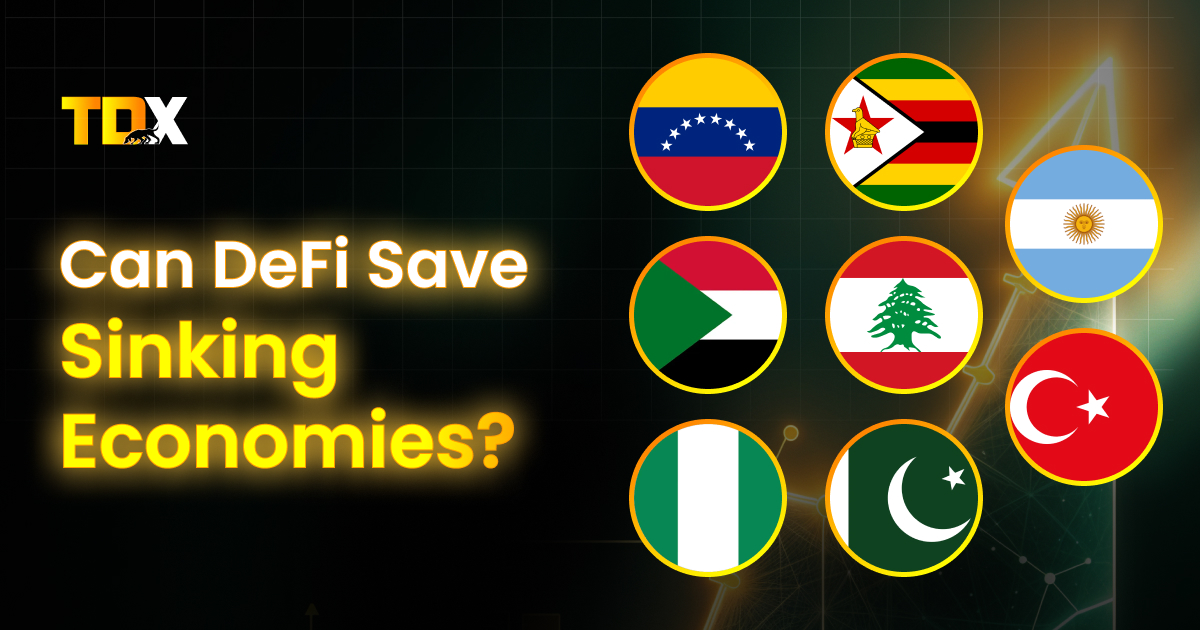




You Don’t Need a Fortune to Start Investing in Crypto
Cryptocurrencies have revolutionized the financial landscape, offering opportunities that were unimaginable a decade ago. As of July 2024, the global crypto market has soared beyond $2 trillion.
The best part? You don’t even need to be wealthy to get started. Here’s a comprehensive guide on how you can begin investing in cryptocurrencies with just a small amount of money.
Understanding Crypto
What Are Cryptocurrencies?
Cryptocurrencies are digital or virtual currencies secured by cryptography, making them nearly impossible to counterfeit. Unlike traditional currencies (fiat money) issued by governments, cryptocurrencies operate on decentralized platforms based on blockchain technology. Bitcoin, created in 2009 by an anonymous figure known as Satoshi Nakamoto, was the first cryptocurrency and remains the most well-known.
A Brief History
Since Bitcoin’s inception, the world of digital currencies has expanded exponentially. Thousands of alternative cryptocurrencies, or altcoins, have emerged, each with unique features and use cases.
Ethereum introduced smart contracts, Ripple focuses on real-time gross settlements, and newer entrants like Solana and Cardano are pushing the boundaries of blockchain capabilities.
The Current Market
Fast forward to July 2024, the crypto market is more robust than ever. Major players like Bitcoin (BTC), Ethereum (ETH), and Ripple (XRP) continue to dominate, while newer entrants like Solana (SOL) and Cardano (ADA) are rapidly gaining traction. According to CoinMarketCap, the market capitalization of these cryptocurrencies collectively exceeds $2 trillion.
Why You Don’t Need a Fortune to Invest
Low Entry Barriers
One of the most appealing aspects of cryptocurrencies is their low entry barriers. Unlike traditional investments in stocks or real estate, which often require significant capital, you can start investing in crypto with as little as $10. This democratizes investment opportunities, allowing anyone to participate, regardless of their financial status.
Fractional Investing
Fractional investing enables individuals to buy portions of expensive cryptocurrencies like Bitcoin and Ethereum. You don’t need to purchase a whole Bitcoin worth tens of thousands of dollars; instead, you can buy a fraction, making it accessible even for those with limited funds. As CNBC explains, this method breaks down barriers and allows more people to enter the crypto market.
How to Start Investing Small Amounts
Choose a Reliable Exchange
Before you start, selecting a reliable cryptocurrency exchange is crucial. Reputable exchanges ensure the safety, security, and transparency of your transactions.
Some of the best exchanges in 2024 include:
- Coinbase
Known for its user-friendly interface, Coinbase is ideal for beginners. - Binance
Offers a wide range of cryptocurrencies and advanced trading features. - Kraken
Known for its robust security measures and low fees.
Set Up Your Wallet
A crypto wallet is essential for storing your digital assets securely. There are different types of wallets, including: - Hardware Wallets
Physical devices that store your private keys offline. Examples include Ledger and Trezor. - Software Wallets
Applications installed on your computer or smartphone. Examples include Exodus and Electrum. - Paper Wallets
Physical printouts of your public and private keys.
Start with Popular Cryptocurrencies
For beginners, it is advisable to start with well-known and established cryptocurrencies. Bitcoin (BTC) and Ethereum (ETH) are excellent starting points due to their market dominance and liquidity. Ripple (XRP) is another good option for those looking for cheaper alternatives with potential growth.
Strategies for Investing Small Amounts
Dollar-Cost Averaging (DCA)
Dollar-Cost Averaging (DCA) is an investment strategy where you invest a fixed amount of money at regular intervals, regardless of the asset’s price. This helps mitigate risks associated with market volatility. For instance, if you decide to invest $100 per month in Bitcoin, you’ll buy more when the price is low and less when the price is high, averaging out your investment cost over time. Learn more about DCA on Investopedia.
Diversification
Diversification involves spreading your investments across different assets to reduce risk. In the context of cryptocurrencies, you could diversify by investing in a mix of established coins like Bitcoin and Ethereum, and emerging altcoins like Solana (SOL) and Polkadot (DOT). This strategy helps cushion against the volatility of individual assets. More on diversification can be found on NerdWallet.
Research and Education
Staying informed is crucial for making sound investment decisions. Regularly read crypto news and updates from reputable sources like CoinDesk and CoinTelegraph. Join online communities, follow industry experts on Twitter, and consider enrolling in courses on platforms like Coursera.
Managing Risks
Volatility
Cryptocurrencies are known for their volatility. Prices can swing dramatically within short periods, driven by market sentiment, regulatory news, and technological advancements. To manage this, invest only what you can afford to lose and avoid making impulsive decisions based on short-term market movements.
Secure Storage
Ensuring the security of your investments is paramount. Use hardware wallets for long-term storage and enable two-factor authentication (2FA) on your exchange accounts. Regularly update your software wallets to protect against vulnerabilities. For more security tips, visit Trezor.
Avoiding Scams
The crypto space, while promising, is rife with scams. Be wary of promises of guaranteed returns or schemes requiring you to send crypto to receive more in return. Verify the credibility of exchanges and projects before investing.
Advanced Tips for Maximizing Returns
Staking and Yield Farming
Beyond basic buying and holding strategies, there are advanced methods like staking and yield farming that can help maximize your returns. Staking involves locking up your crypto assets in a blockchain network to support operations like validating transactions, in return for rewards. Platforms like Cardano and Polkadot offer attractive staking opportunities.
Yield farming, on the other hand, involves lending your crypto assets through decentralized finance (DeFi) platforms to earn interest. It’s akin to earning interest in a savings account but with generally higher returns. Platforms like Aave and Uniswap are popular in the DeFi space. However, both staking and yield farming come with their own sets of risks, so it’s essential to do thorough research before diving in.
Participating in Initial Coin Offerings (ICOs) and Token Sales
For those willing to take on higher risk, participating in Initial Coin Offerings (ICOs) or token sales can be lucrative. ICOs are fundraising mechanisms where new cryptocurrencies sell their tokens to early investors. While they can offer significant returns, they also come with high risks, including the potential for scams. Websites like ICObench provide detailed reviews and ratings of upcoming ICOs.
Exploring NFTs (Non-Fungible Tokens)
Another exciting avenue in the crypto space is Non-Fungible Tokens (NFTs), which represent ownership of unique digital assets. From art to virtual real estate, NFTs are creating new opportunities for investment. Platforms like OpenSea and Rarible allow users to buy, sell, and trade NFTs. It’s a burgeoning field with substantial growth potential, though it’s essential to understand the market dynamics fully before investing.
Keeping Up with Regulatory Changes
The regulatory environment for cryptocurrencies is continually evolving. Staying updated with changes in regulations can help you navigate the market more effectively. Regulatory news can impact prices and the feasibility of various crypto projects. Websites like CoinDesk and CryptoSlate are excellent resources for keeping abreast of the latest developments.
Conclusion
Investing in cryptocurrencies doesn’t require a fortune. With low entry barriers, fractional investing, and the ability to start with small amounts, anyone can participate in the crypto market. Key strategies like Dollar-Cost Averaging, diversification, and continuous education can help manage risks and optimize returns.
Choose a reliable exchange, set up a secure wallet, and stay informed. The world of cryptocurrency offers countless opportunities for savvy investors. Start small, invest wisely, and embark on your crypto journey today.
40,000 readers 🚀 are getting insights with our media





Article
“Is Ethereum dead?” This is a trending argument that is appearing in various crypto communities and media. Which is not…






Guide
Welcome to the beginner’s guide on Trust Wallet, MetaMask, and Exodus—three most common cryptocurrency wallets for managing your crypto assets….






Article
When Venezuela’s inflation hit 189.8% in 2023 [Central Bank of Venezuela, 2023], Maria’s life savings of 200 million bolivars (enough…






Article
For generations, Indians have trusted one investment: fixed deposits (FDs). If you walk into any Indian household, chances are someone…






